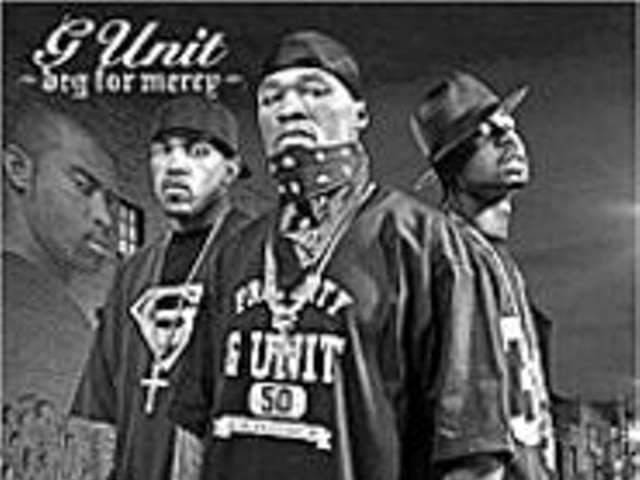Most of the original band members and their hallmarks are still in place: bassist Steve Kilbey's mordant, slightly raspy vocals and the taut harmonic shimmer of Marty Wilson-Piper's and Peter Koppes' guitars, joined here by the steady timekeeping of drummer/producer Tim Powles. But the overall production style of Forget Yourself is quite a bit darker in tone and even more brooding on this go-round, with the overtones of '60s psychedelia and folk-rock supplemented by (gasp) progressive art-rock influences (old school: King Crimson; new school: Bardo Pond). The trippy "June" successfully combines two eras of Pink Floyd: the lysergic daze of the band's Syd Barrett epoch and the languid, baleful vibes and vocal harmonies of its Wish You Were Here period. With its ringing, crystalline guitars and close, gauzy, queasy-yet-comforting harmonies, "Don't You Fall" is a virtual amalgamation of Floyd and the Byrds. But fret not, Church-goers: "Nothing Seeker," with its palpable escalating tension, and the sumptuously swirling, feedback-accented closer "Summer" prove beyond any doubt that this band still has its knack for gloriously reverberating, trebly, claustrophobic gloom-pop. After many years, the Church has proven itself far more durable than most of the pop-melody-dissing acts of the post-punk era, not to mention Glenn Danzig.
[
{
"name": "GPT - Leaderboard - Inline - Content",
"component": "41932919",
"insertPoint": "5th",
"startingPoint": "3",
"requiredCountToDisplay": "3",
"maxInsertions": 100
}
]
Way back in the mid-1980s in my hometown of Pittsburgh (when life was cheap), one particular night offered two fairly prestigious shows from two bands that hadn't played our city before: Glenn Danzig's band du jour (Samhain, probably) and the Church. I recall friends from the hardcore scene giving my jangle-popping posse a good-natured razzing because we were set on seeing such a "wimpy" band over Danzig's more pugnacious spew. But we chose to squander our punk cred by seeing the Church anyway, who was simply transcendent -- the band sounded like Badfinger reincarnate (or, for younger readers, the Posies or Teenage Fanclub), performing its alluringly haunted brand of melodic pop-rock with heavenly harmonies and glistening guitars. Fast forward: Australia's Church is still at it (since 1980!), further refining its dusky, enigmatic, somewhat goth-y pop on its seventeenth album, Forget Yourself.





